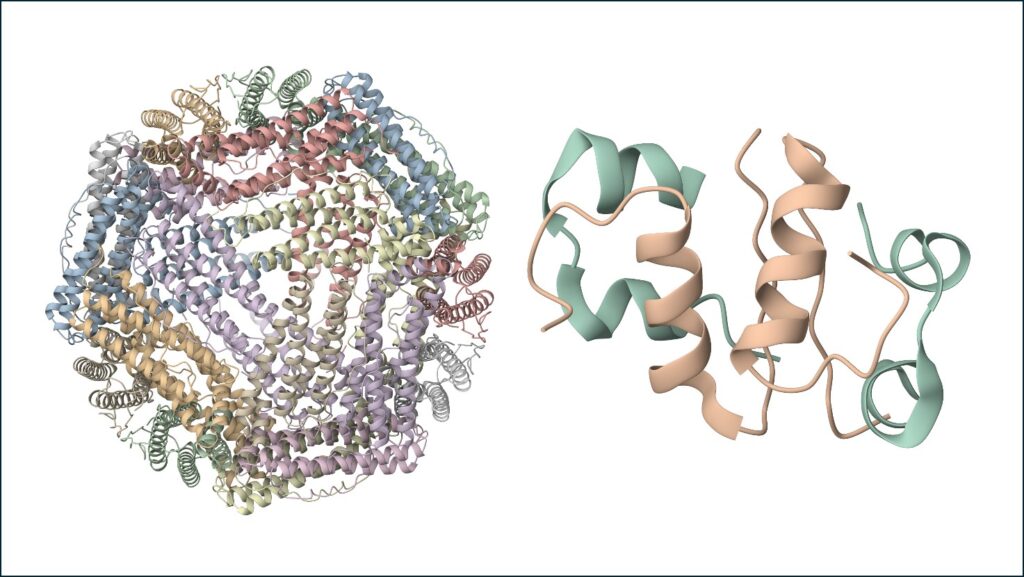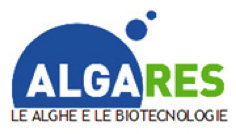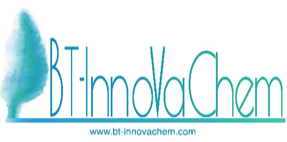Understanding the stability and activity of freeze dried bio-macromolecules at low degrees of hydration is crucial for pharmaceutical and food industries. However, the building of in silico models for dynamical studies at a molecular level needs careful consideration. In this work, researchers of the Department of Chemical Science and Technologies of the University of Rome Tor Vergata in collaboration with Dr Mark Telling (STFC, ISIS Facility, Rutherford Appleton Laboratory, UK) propose a modelling protocol that mimics experimental protein lyophilization, and proteins in weakly hydrated amorphous states, and validate it against experimental neutron scattering data.
The study has been published on Communication Chemistry on 12 April 2024 (https://www.nature.com/articles/s42004-024-01167-6).
Two proteins of different structural complexity are investigated: apoferritin and insulin, illustrated on the left and right, respectively, in the figure.


 Descrizione attività
Descrizione attività Descrizione attività
Descrizione attività Descrizione Attività
Descrizione Attività Descrizione attività
Descrizione attività